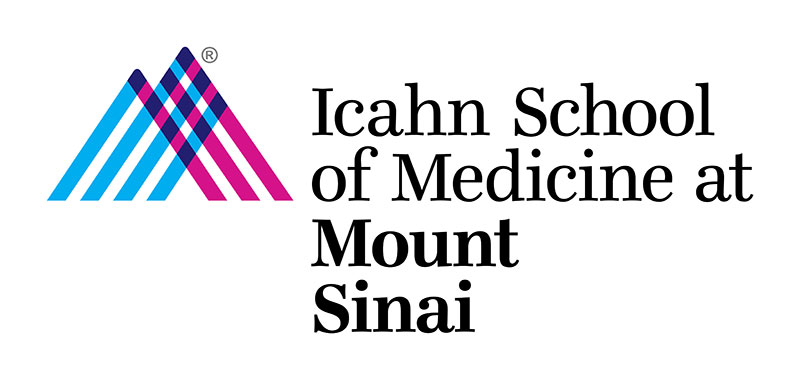Asgari Systems Immunology Lab: Building Integrated Models of the Immune System
Human immune responses vary widely across individuals due to the interplay of inherited variants, somatic mutations, cellular states, environmental exposures, and social and behavioral factors. These variations are complex but not random; decades of research demonstrate that the principles governing immune variability can be discovered. The rapid growth of large-scale biobanks and molecular biology datasets now allows us to quantify immune functions and define these rules at an unprecedented scale, enabling deeper insight into disease etiology, risk prediction, and targeted interventions.
Yet, our current understanding of immune regulation remains fragmented. Most studies examine pathways, cell types, or diseases in silos, neglecting how information cascades across levels of biology. We take a different approach: building a systems-level framework that integrates genetics, functional genomics, and non-genetic context data to model immune responses in silico. We pursue this vision through a three-pillar research program. Read about these pillars and our ongoing projects under “Projects”

Conceptual framework: To gain a holistic view of infectious and immune-mediated disease pathogenesis, we will discover its genetic risk factors (Pillar 1, yellow), unveil the mechanisms that connect them to molecular, cellular and physiological functions (Pillar 2, blue), and understand how genetic and clinical, behavioral, and social risk factors work.
